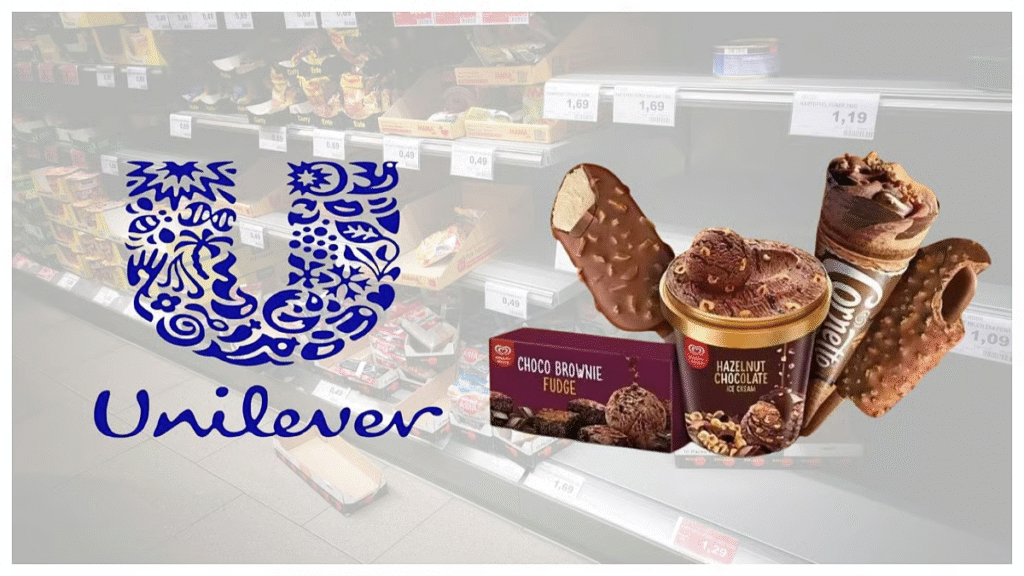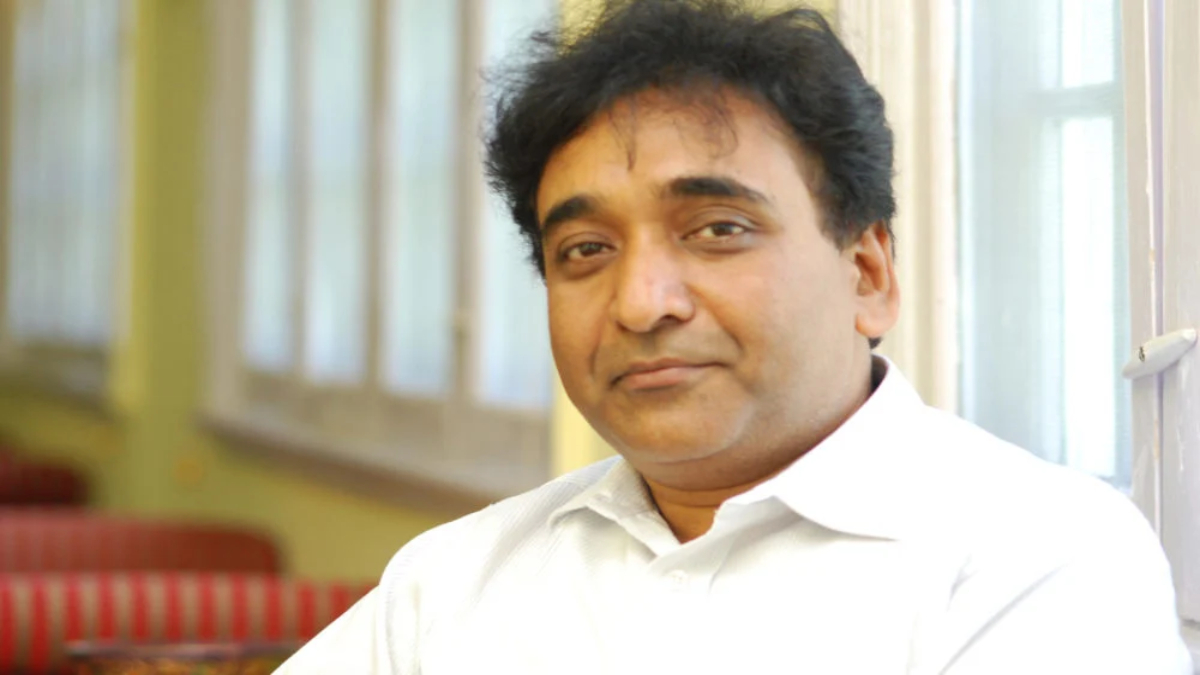Now Reading: Zoho Founder Sridhar Vembu’s Spiritual Principle: The Ban on Public Praise
-
01
Zoho Founder Sridhar Vembu’s Spiritual Principle: The Ban on Public Praise
Zoho Founder Sridhar Vembu’s Spiritual Principle: The Ban on Public Praise

Zoho founder and CEO Sridhar Vembu recently shed light on a unique, long-standing cultural principle at his company that is rooted in his personal spiritual discipline: no employee is allowed to publicly praise the leadership, including him. This unconventional rule, which stands in stark contrast to the often-applauded corporate culture of leadership reverence, is Vembu’s way of keeping ego in check and fostering a culture of grounding and gratitude.
The Unspoken Rule: Detachment from Adulation
Vembu revealed on social media that the rule—that employees are strictly forbidden from complimenting the leadership in public—has been a core part of Zoho’s internal DNA for years. The purpose is not merely an exercise in modesty, but a reflection of a deeper spiritual principle he strives to follow: to let neither praise nor abuse affect him.
He emphasizes his commitment to this detachment by stating that he consciously avoids reading or watching anything about himself. For Vembu, carrying the “burden of being important” is unnecessary, as he does not consider his individual self to be of such paramount importance. This mindset promotes a focus on the larger purpose of the company and its products, rather than the personalities at the top.
Valuing Criticism Over Compliments
While public adulation is unwelcome, Vembu made it clear that criticism is not only accepted but valued. He actively reads critical feedback concerning Zoho’s products or the company’s operations, viewing it as a significant tool for improvement.
The tech leader often reminds his team—and himself—that any form of attention is a privilege. He argues that the default state for most new ideas, products, and even companies is to be completely ignored. Therefore, the very act of a person taking the time to offer feedback, particularly if it’s harsh or critical, is a “gift” for which the team must be thankful. This perspective shifts the focus from avoiding negativity to appreciating engagement and leveraging it for growth.
Gratitude for Existence: The Ultimate Gift
Vembu’s grounding extends beyond the workplace. He shared that his core philosophy for staying centered comes from a profound sense of gratitude for existence itself.
He views “being alive and conscious, drawing breath, as the ultimate gift bestowed by the creator,” a gift he continuously reminds himself to be thankful for. He signs off some of his personal reflections with the Sanskrit term ‘Satchitananda‘, which translates to existence, consciousness, and bliss—encapsulating his belief that true joy and stability come from acknowledging this fundamental, simple truth of being, rather than external validation.
In a modern corporate landscape often defined by competitive visibility and a relentless pursuit of applause, Sridhar Vembu’s “no praise allowed” policy at Zoho serves as a powerful testament to the value of quiet purpose, radical humility, and spiritual detachment in building a resilient and customer-focused culture.










